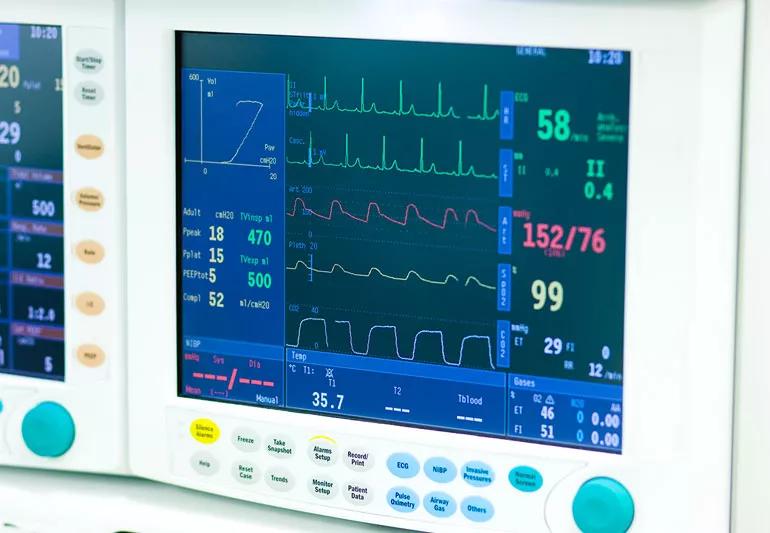Adults at low risk for heart disease may not need them

If you’re at risk for heart problems, you may be familiar with stress tests, which help give your doctor an idea of how well your heart handles work. Thinking about getting this test may make some people nervous, especially at the thought of possibly finding something wrong.
Advertisement
Cleveland Clinic is a non-profit academic medical center. Advertising on our site helps support our mission. We do not endorse non-Cleveland Clinic products or services. Policy
However, if you’re at low risk for heart problems, research shows you may not need a stress test. The American College of Physicians (ACP) also has guidelines that say that there is no evidence that these types of screenings benefit people with low risk.
“You might be considered low risk for coronary heart disease if you’re young, do not have a family history of early heart disease, are physically active and eat a healthy diet,” says cardiologist Curtis Rimmerman, MD.
Coronary heart disease is the leading cause of death in the United States, but the benefits of cardiac screening in low-risk adults have been questioned.
“The guidelines are in line with research that indicates stress tests often are performed on patients who don’t really need them,” says Dr. Rimmerman.
Stress tests are best used when all information about a patient is considered, including their risk factor profile, symptoms, age and their activity level, for example. If no additional risk factors are present, a stress test may not be necessary.
Getting unnecessary stress tests can result in false-positives, which are results indicating a problem that doesn’t actually exist. That can lead to more testing that is not needed or can be risky and more complicated.
Advertisement
Risks from the screening tests themselves include exposure to radiation, a bad reaction to an injection or problems during exercise, according to the ACP. Plus, alongside unnecessary treatments, you may also be given drugs that you don’t need. Follow-up testing and procedures can also cause anxiety and take time away from work or family.
“There is a time and a place for necessary testing,” says Dr. Rimmerman. “This is a best practice issue and, especially, an issue of what is in the best interests of the patient.”
You may need a stress test if you’re at risk for heart disease or have symptoms like shortness of breath with exertion or discomfort in the chest and other areas of the body.
“A stress test is called for when the patient reports atypical symptoms, particularly patients with diabetes and family history of premature coronary artery disease,” he says.
If you’re unsure whether or not you should get a stress test, get in touch with your doctor to discuss any symptoms (if any) and to discuss your medical history to make sure you won’t be getting a stress test needlessly. Your doctor will also be able to discuss different options for stress tests. If you’re not comfortable with the recommendations your cardiologist gives you, keep in mind that if you can get a second opinion, too.
Advertisement
Learn more about our editorial process.
Advertisement

Calling 911 or emergency services should always be your first step

Mild heart attacks may cause less damage, but they can still lead to serious complications and require medical attention

Risks of this restrictive eating plan include digestive issues, heart disease and cancer

A consistent exercise routine can bring you positive results from head to toe

Inactivity increases your risk of aches, pains and chronic diseases

Opt for plant-based foods and consider limiting alcohol and caffeine

Up to 30% of people who take the cholesterol-lowering medication feel aches and soreness

Having a BMI in the healthy range doesn’t mean you’re safe from health conditions often associated with obesity

If you’re feeling short of breath, sleep can be tough — propping yourself up or sleeping on your side may help

If you fear the unknown or find yourself needing reassurance often, you may identify with this attachment style

If you’re looking to boost your gut health, it’s better to get fiber from whole foods